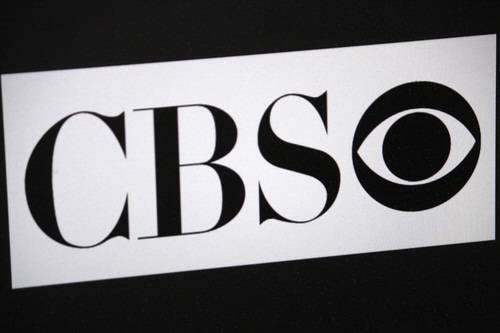
When you can’t win over the courts, extortion can come in pretty handy—so says a broadcast industry that once again strong-armed Dish into watering down the Auto Hop commercial-skipping feature in its digital video recorders.
CBS, which temporarily pulled its programming off Dish, agreed to come back to the satellite TV provider if it instituted a seven-day waiting period for Auto Hop on its channel. (Previously, subscribers could use it the day after a program first aired.) Dish agreed, making for an apparent win for CBS. In fact, the company made off better than Disney, whose Dish deal yielded a three-day Auto Hop delay for ABC shows.
See also: Cable TV’s Core Business Is No Longer Cable—It’s Broadband
In both cases, the Dish contracts were up for renewal, backing the TV service into a corner. It had no choice but to hold up Auto Hop, if it wanted to continue carrying those channels. It did, but it also got something else: the rights to carry their programming online.
The Art Of Negotiation
CBS has a history of trying to force partners’ hands to get what it wants, though this time, the contract renegotiations may have worked somewhat in Dish’s favor.
Because of the demands of CBS, and Disney before it, the satellite service had the opportunity to work in “over-the-top” or online rights to carry their TV programming.
With that clause sealed into the deals, Dish has a stronger basis now for launching an Internet TV service. The Disney deal, in particular, could be valuable in that case. Not only do the terms bring ABC to the table, but ESPN as well.
For CBS, it’s a somewhat surprising move. The broadcaster apparently finds its programming so valuable, it charges people $6 per month for its own standalone Internet subscription service.
Streaming’s importance in living rooms and mobiles has grown quite a bit—so much so that Nielsen will start tracking Netflix’s online viewership. In that light, Dish’s side benefit seems significant—even if it came at the price of waylaying Auto Hop.
The Long Hop
It’s worth noting that, so far, Dish delayed Auto Hop on those select channels. It’s not hobbled everywhere, and the company didn’t completely kill it off. Plus, it’s not the only way to skip commercials. Manual fast-forwarding through them still works fine.
Nonetheless, Auto Hop has been the contentious point for broadcasters, including CBS, Disney (ABC/ESPN), Comcast (NBC) and Fox, all of whom have tried (and failed at) suing Dish over it. The reason: advertising metrics. Broadcasters base ad rates on estimated viewership. If they can’t prove people watch the commercials, especially during the highly prized first-run programming, their ability to sell air time significantly weakens.
See also: Would-Be TV Disrupter Aereo Files For Chapter 11 Reorganization
CBS and Disney have managed to beat back the Auto Hop threat, so they dropped their lawsuits. Expectations are high that Comcast and Fox will do the same. And if they do, Dish may get the full house of major broadcasting channels necessary for an upcoming Internet streaming TV service.
By that point, the traditional set-top DVR and individual features may not mean all that much anymore.
Photo by 360b, courtesy of Shutterstock

















